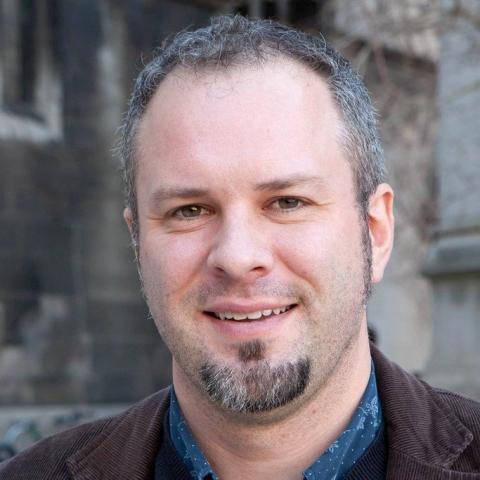
A few months ago, I received an email from an online “educational startup” offering guidance on how to find and win competitive fellowships, at a modest rate of $45 for 15 minutes.
The ad caught my interest more than most spam does because as a fellowships advisor by trade, I also provide information and guidance to ambitious students and alumni who wish to apply for a range of prestigious national and international awards, such as the Rhodes Scholarship or the Fulbright program.
In the wake of the Varsity Blues scandal, these predatory startups are especially troubling. First, they focus on the product, not the process. Secondly, the black-market advising offered by these emails showcases a troubling flaw in the U.S. educational system: in our misguided race to the top, which values measurable outcomes over the inherent value of the educational process, we exacerbate the inequalities that formal education is intended to eliminate.
The demand for “high end” educational opportunities, along with the scarcity of specialized knowledge about how to obtain them, creates a profit motive for exploitative consultants, for-profit colleges, and an entire array of services that toe the line between academic dishonesty and outright theft.
Most frustratingly, this knowledge is widely and freely available at most universities. The advice I give my students is not brilliant: Figure out what you want to do with your life, and then do it better than anyone else. People will notice.
No secrets
My opinions are shared by 1,000 fellow members of the National Association of Fellowships Advisors, a professional organization established in the late 1990s that serves higher ed professionals who assist students with applications for an array of nationally competitive, merit-based scholarships.
The real value of these awards is in the introspection and personal growth that they require.
Our code of ethics affirms that fellowships advisors’ overriding concerns must be for student well-being, the integrity of one’s home academic institution, and the value of the process. In partnership with dozens of awarding organizations and federal agencies, we ensure that there are no secrets. We even go so far as to offer pro bono advising to students who attend colleges or universities that do not employ a fellowships advisor.
It is common in my profession to describe a major fellowship as a “life-changing experience,” but unfortunately not everyone interprets that as we mean it. The prestige one obtains from winning a major fellowship can be career-altering: two former Marshall Scholars currently sit on the Supreme Court; Bill Clinton was a Rhodes Scholar (as were current presidential candidates Cory Booker and Pete Buttigieg).
Prestigious fellowships can provide fast access to the inner circles of power and influence that so many ambitious students seek. With so much at stake, it is understandable that universities and applicants alike would seek every advantage available. University presidents covet these awards, and well-intentioned regents and donors put up incentives to help students win them. (True story: a regent at one of my previous employers offered a Porsche to the next student to win a Rhodes Scholarship. A student won, but couldn’t afford the taxes on the car.)
Read: The case for price transparency
Unfortunately, ambitious students who don’t have a fellowships advisor at their school (or are unaware of his or her existence) are at risk of falling prey to the pitch for a $500 seminar that promises better odds of winning a Fulbright than can be had at Harvard, Georgetown, or MIT. The other category are the willing victims who are so enmeshed in the free market of pay-for-play education that it would never occur to them that you shouldn’t pay extra if you want to get ahead.
Let me offer my perspective: the value that many students, parents, and administrators place on these awards is misplaced.
They are attracted to the perceived value of the fellowship. The fellowship becomes the goal, not a vehicle to a goal. The real value of these awards is in the introspection and personal growth that they require. To persuade an unknown reader to award you $150,000 requires one hell of a persuasive argument, and to make your case, you need to understand what your ‘Big Thing’ is; more importantly, why you did what you’ve done, why you do what you do, and why you want to do this Big Thing in the future.
Students who authentically engage in the fellowships application process will come out the other side better for it, regardless of the outcome. They will have vision, self-awareness, and confidence. This is why NAFA, in its code of ethics, stresses the value of the process over the outcome. In certain circumstances, advising a student not to apply for an award is the right choice, and real success doesn’t happen until 10 years later. This is life, and no matter what the emails promise you, there aren’t any shortcuts, and there aren’t any guarantees.
And that advice you can have for free.
Kyle Mox is an associate dean at Barrett, the Honors College at Arizona State University, and is the director of the Lorraine W. Frank Office of National Scholarships





